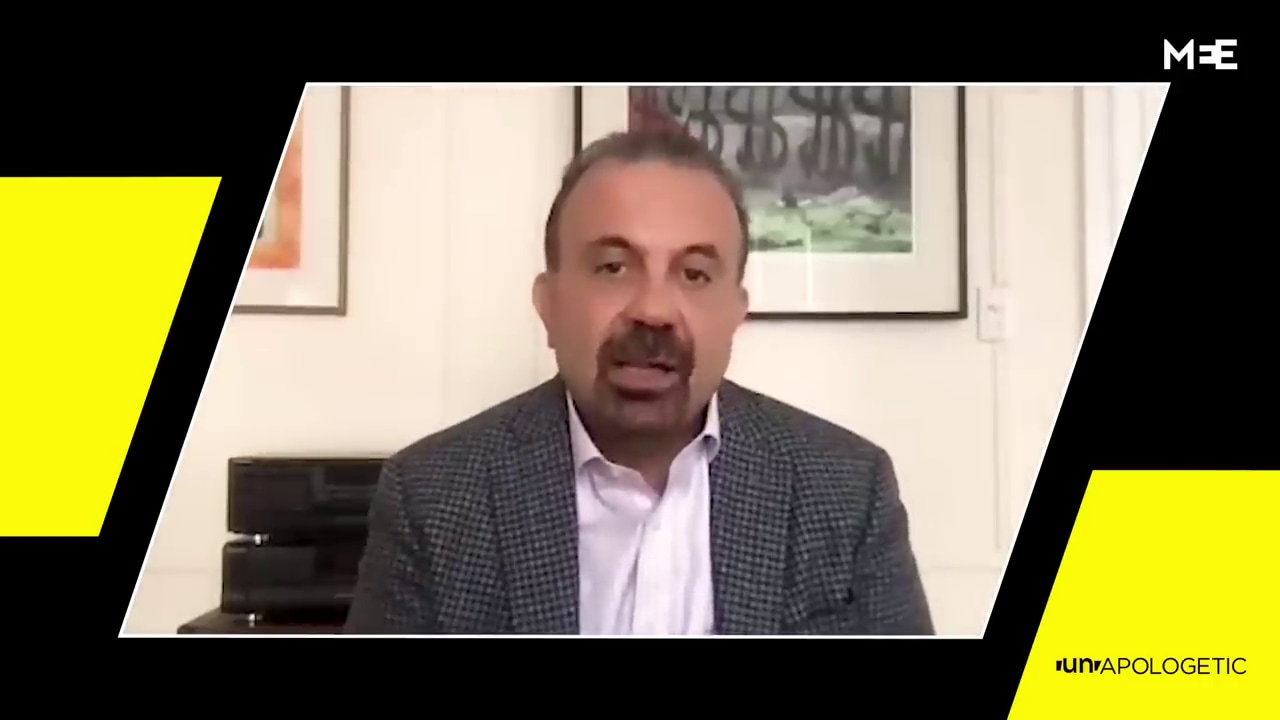
Following are excerpts from a TV program featuring Palestinian children voicing their opinions on the "Right of Return," which aired on Al-Jazeera Children's Channel on May 12, 2007:
Voiceover: Ghossun is an 11-year-old girl, living in Lebanon, but not in one of the Palestinian refugee camps.
Ghossun: I go to school, play with my friends, and study. We do everything together. I talk to them like regular people, and there is no difference between my Palestinian and Lebanese friends. At school, we studied the history of Palestine, but only general things that everybody knows. We didn't go into details. I heard on TV about the Right of Return, and asked my mom and my grandma, but I didn't understand what they told me. This is where I was brought up. My mom and dad grew up here too. When I was little, I asked my dad how is it although everybody emigrated together to Lebanon, some people have lots of money, and others don't. He told me that the people who have money decided to build their lives here and work, while those who don't have money say they want to return. They settled in simple homes and don't want to build their lives here. I want to build my life here, just like my dad may dad built his life here and raised a family. I want to have a family too.
Presenter: She settled with her family in Lebanon, where she has a home and goes to school. It seems that as far as she's concerned, returning is out of the question. Do you share her perspective, or do you think otherwise? Abd Al-Rahman...
Abd Al-Rahman, a teenager: In my opinion, she is right. On the news, you constantly hear about killing [in Palestine], and about constant Israeli expansion. It's only natural for her to think that Israel will be there forever, and will control Jerusalem, or Palestine in general.
Presenter: What's your position? Do you dream about returning?
Abd Al-Rahman: Not really, not really.
Presenter: So you too are settled, and plan to continue your life there?
Abd Al-Rahman: Yes.
Presenter: Do you know what the Right of Return is?
Abd Al-Rahman: Yes.
Presenter: What is the Right of Return?
Abd Al-Rahman: When Palestine is liberated, the entire Palestinian people will return, from all corners of the world, to its land, and it will regain its land from the enemy, the Israelis.
[...]
Another teenager: Abd Al-Rahman's position is a negative position, because by now, Palestine is more than just a cause – Palestine is in the hearts of the people. Our people has been defending our Right of Return for 60 years, and to come one day and give it up, just like that, is out of the question, as far as I am concerned.
[...]
Presenter: What about you, Jinan? Would you return?Jinan: Allah willing, of course. Everybody wants to return to his homeland. But when I return, I would like to live like Qataris live in Qatar. The people here in Qatar feel that this is there country, and they can do whatever they want with it. That's how I want it to be.
Teenager: In my opinion, what was taken by force will only be regained by force. The revolutionary culture still exists, and it will continue to exist. Take, for example, the 'Abayat family from Bethlehem. They have made tremendous sacrifices for the sake of the Palestinian cause, and then we come and talk about peace, peace, peace, until peace loses all meaning. Peace is no longer such an accomplishment. We talk about peace and we've offered sufficient concessions. We've recognized Israel, and we've made every possible concession. When they started talking about the refugee problem, we said that this was where we draw the line. Now they are trying to make us give up on the refugee problem. They want us to give up on it, one way or another. That's not peace. In my opinion, this will not restore one inch of Palestine.
Dr. Yahya Al-Agha, Cultural Advisor, the Palestinian Embassy in Qatar: What he said is very reasonable. With your permission... Allah said: "Prepare for them whatever force and steeds of war you can, in order to strike terror in the hearts of the enemy of Allah and or you own." This verse states that we must make the preparations to fight the enemy. If I cannot confront the enemy today by means of weapons, resistance, and fighting, because the enemy's power and capabilities are greater than mine... I'm talking as a Palestinian, and I'm not referring to the Arab nation. I'm talking about us, the Palestinians, vis-à-vis the enemy. If I don't have such capabilities, what am I supposed to do? Every day we make sacrifices. Every day people get killed, get martyred, in the fighting. It has go to the point that when a Palestinian gets killed or martyred, it is considered a normal thing. What is this for? In the last Intifada, the Al-Aqsa Intifada, for example, we had more than 3,000 martyrs, 6,000 wounded, and we still have more than 12,000 disabled. I'm not saying that we must stop the fighting. What does the Prophet say? According to a hadith by the Prophet, a people or a nation that forsakes the Jihad will be humiliated. We don't want to be humiliated, but we should follow the words of Allah, and prepare the means first. Once we've prepared the means and are capable of confronting the enemy – the gates of Jihad will remain open until Judgment Day.












